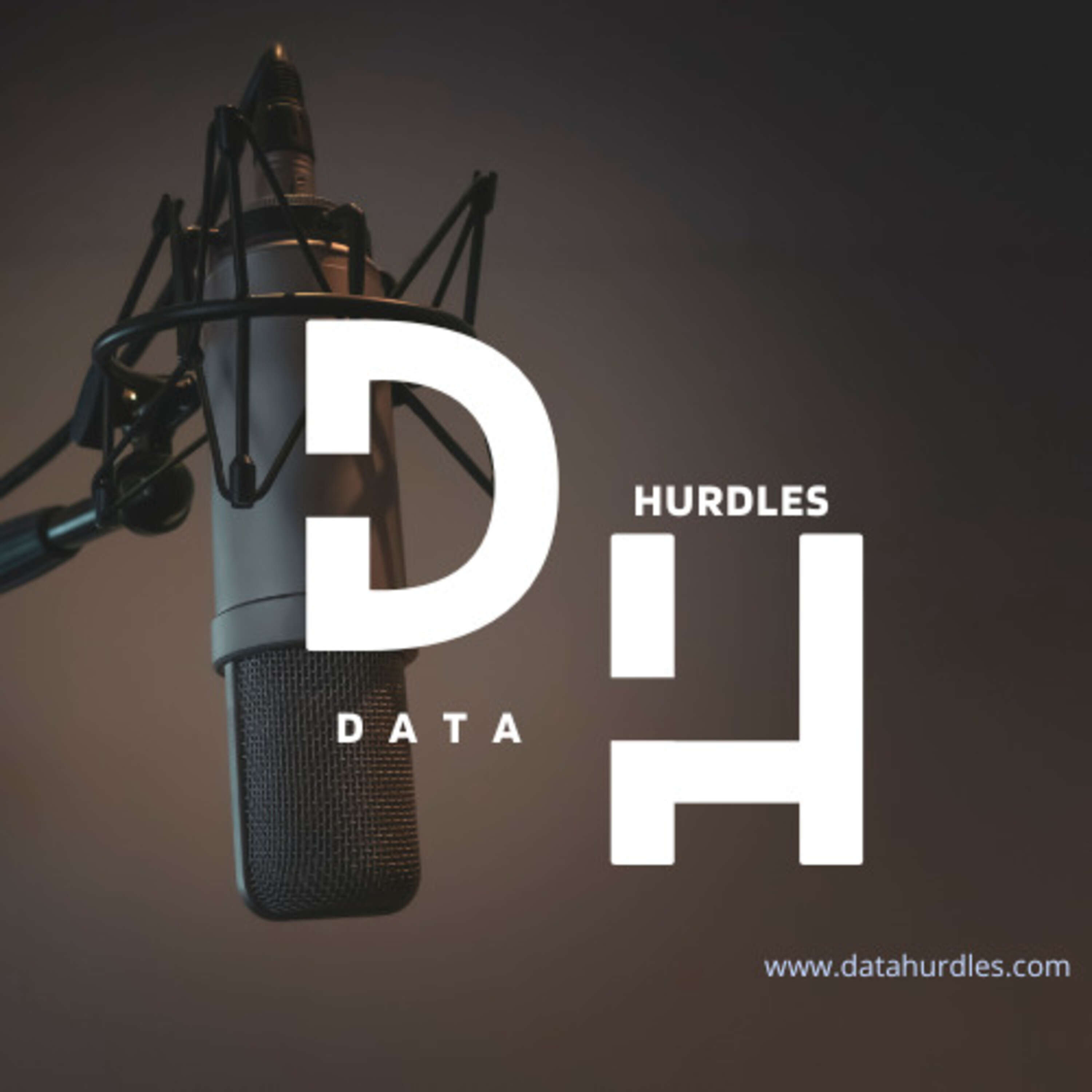Geospatial Data: The Next Frontier in Decision Making from Esri's Alex Martonik
In an enlightening conversation, hosts Chris Detzel and Michael Burke discuss with Alex Martonik from Esri, a renowned GIS software and services company, about the expansive applications of GIS data. Martonik expounds on how GIS technology improves precision in decision making across multiple industries, with applications ranging from site suitability analysis in real estate to understanding consumer behaviors in marketing. Further, Martonik highlights the role of GIS data in risk management, sustainability, and promoting social equity, with real-world examples from agriculture to the financial sector. They discuss the importance of data quality, the democratization of GIS data and its future prospects. The dialogue concludes on the note that geospatial data and traditional data science are not separate but interconnected, thereby underscoring the potential of GIS to enhance data literacy and inform action on societal issues.

